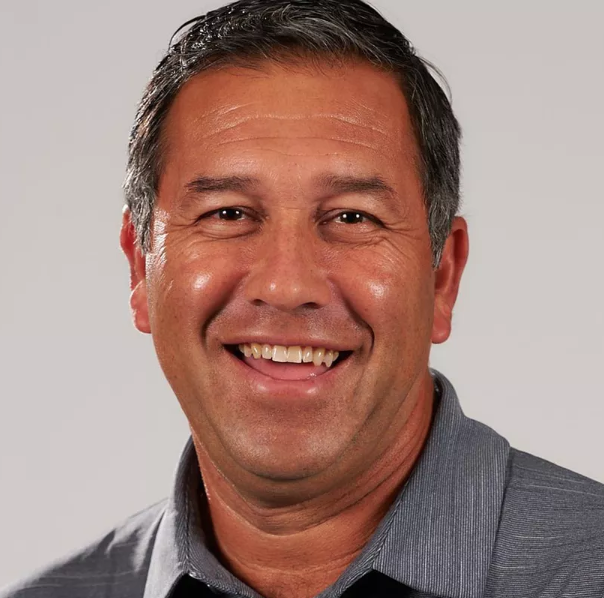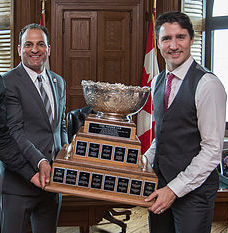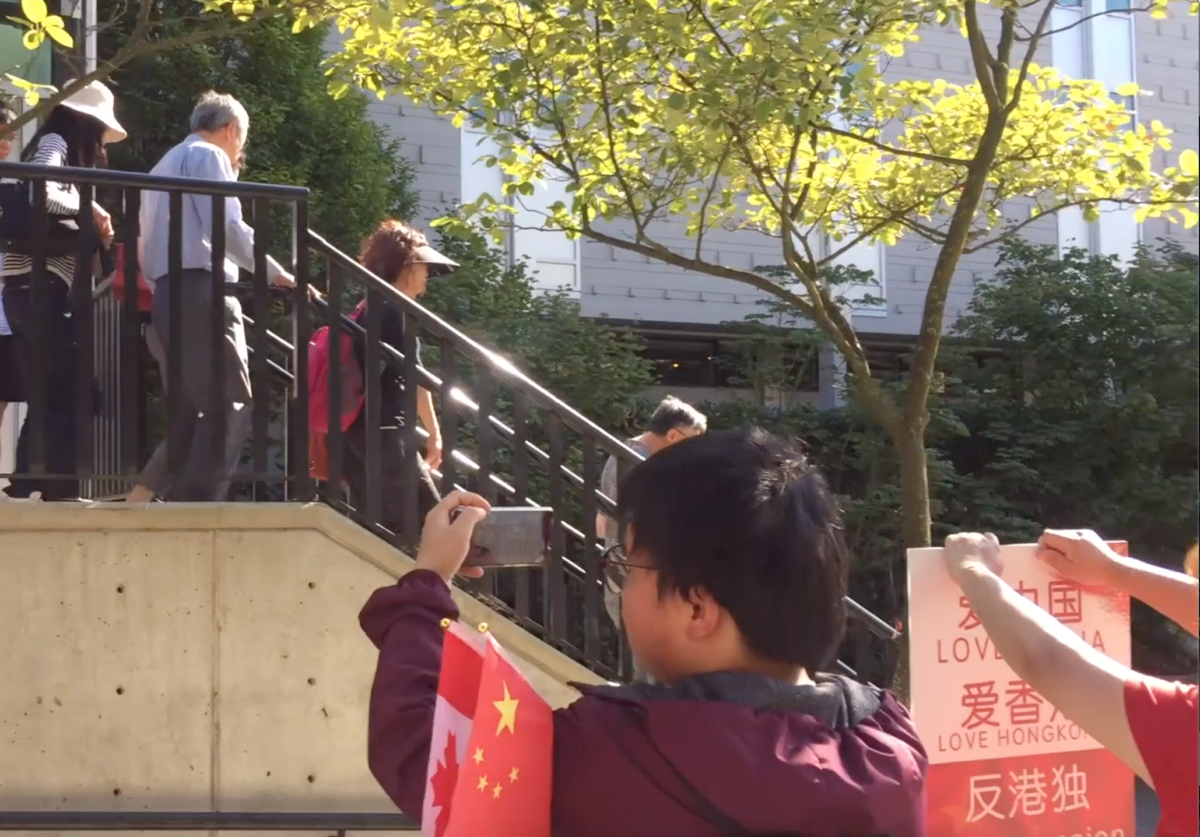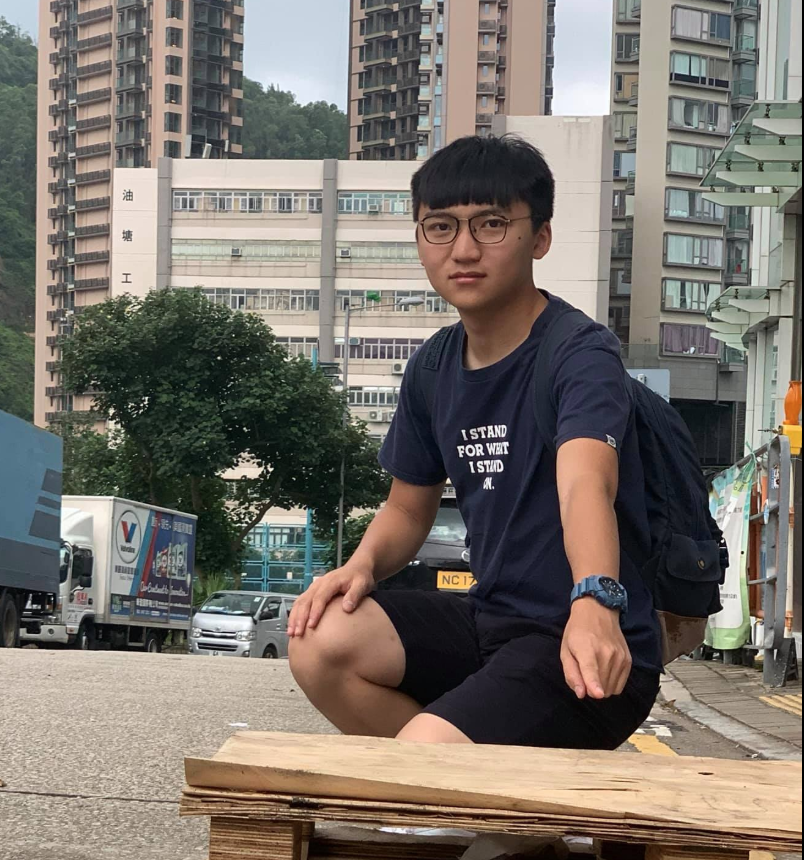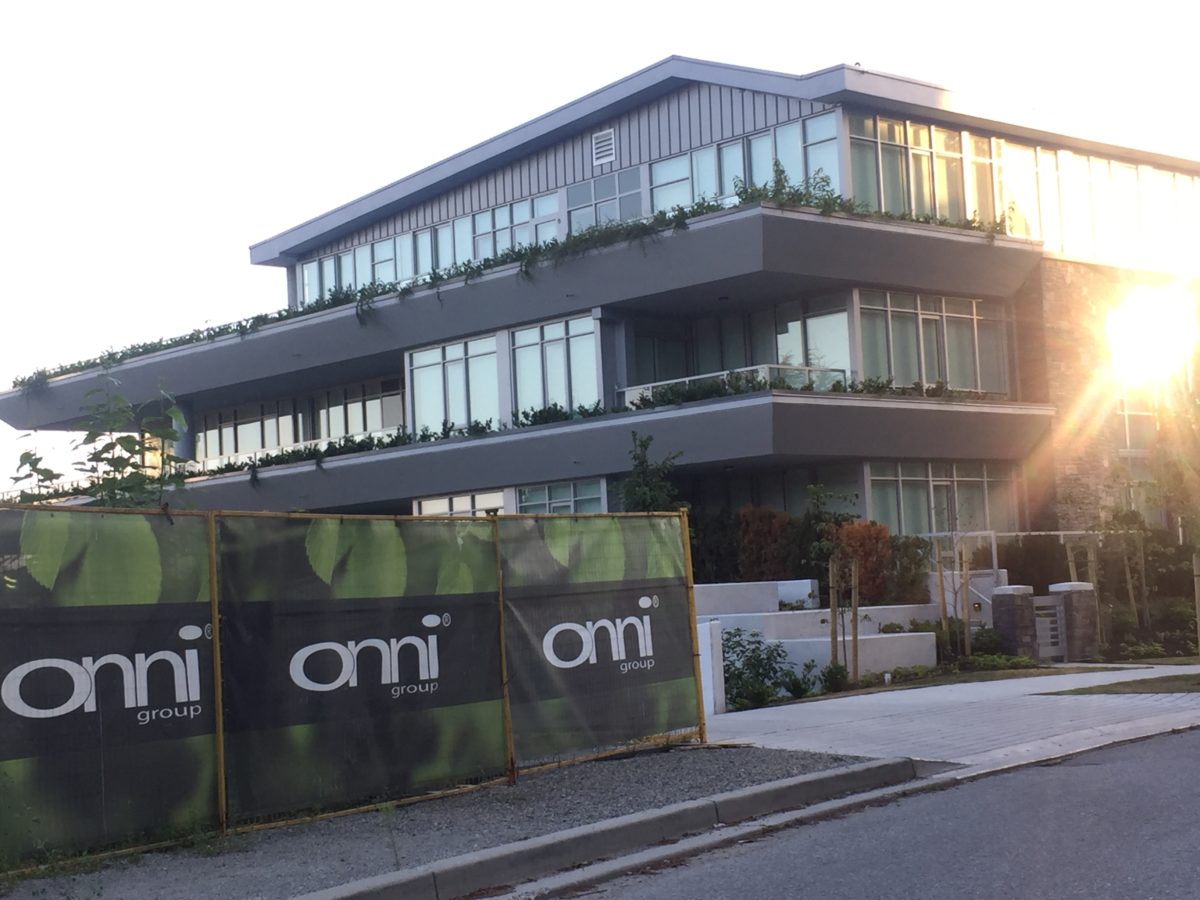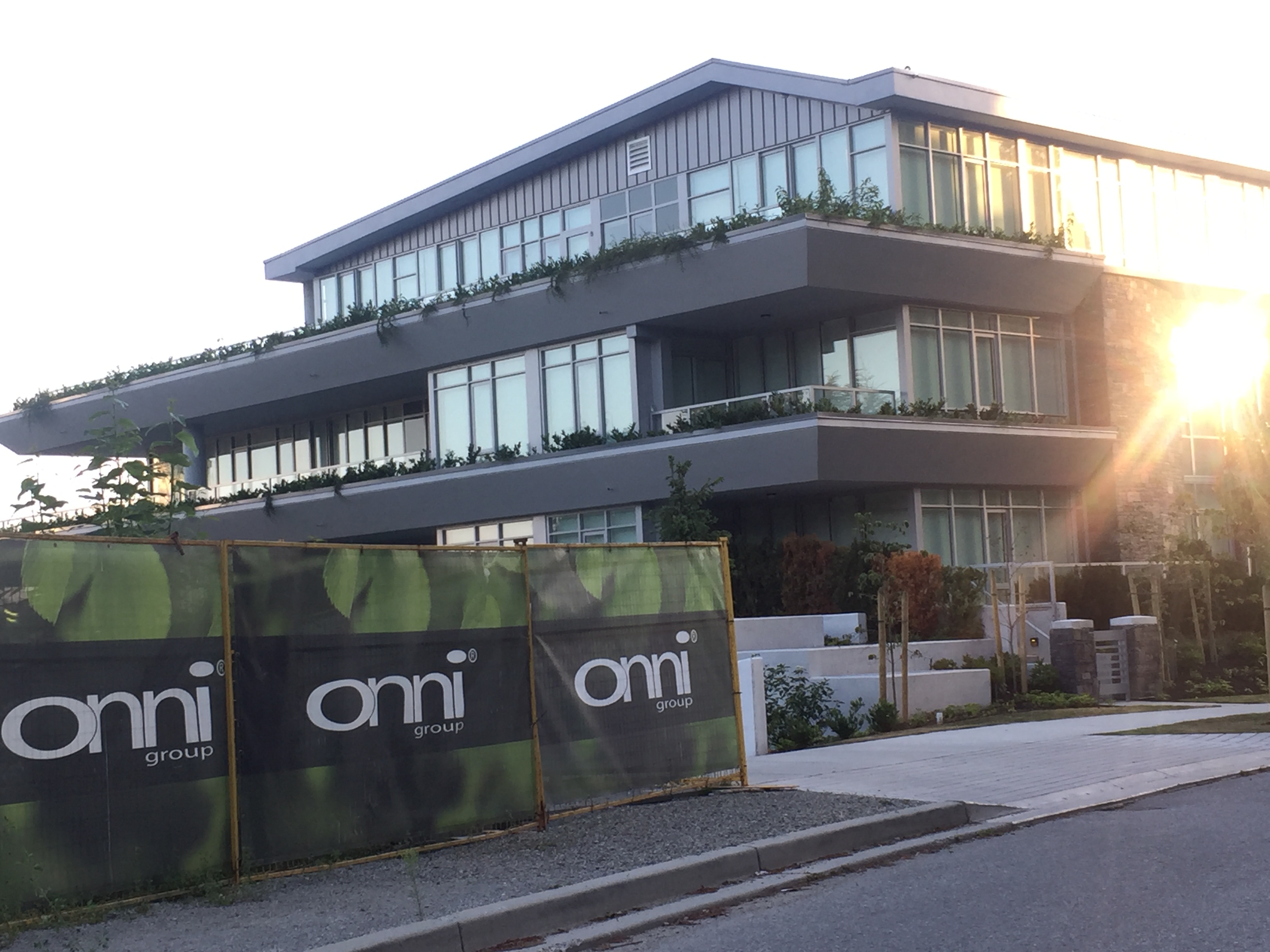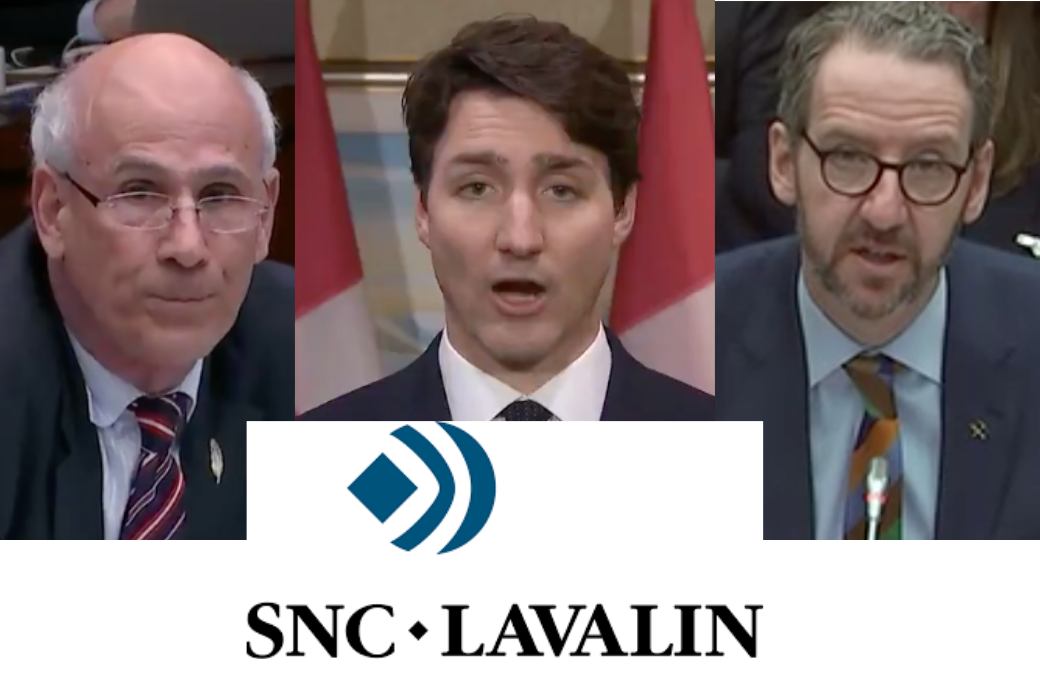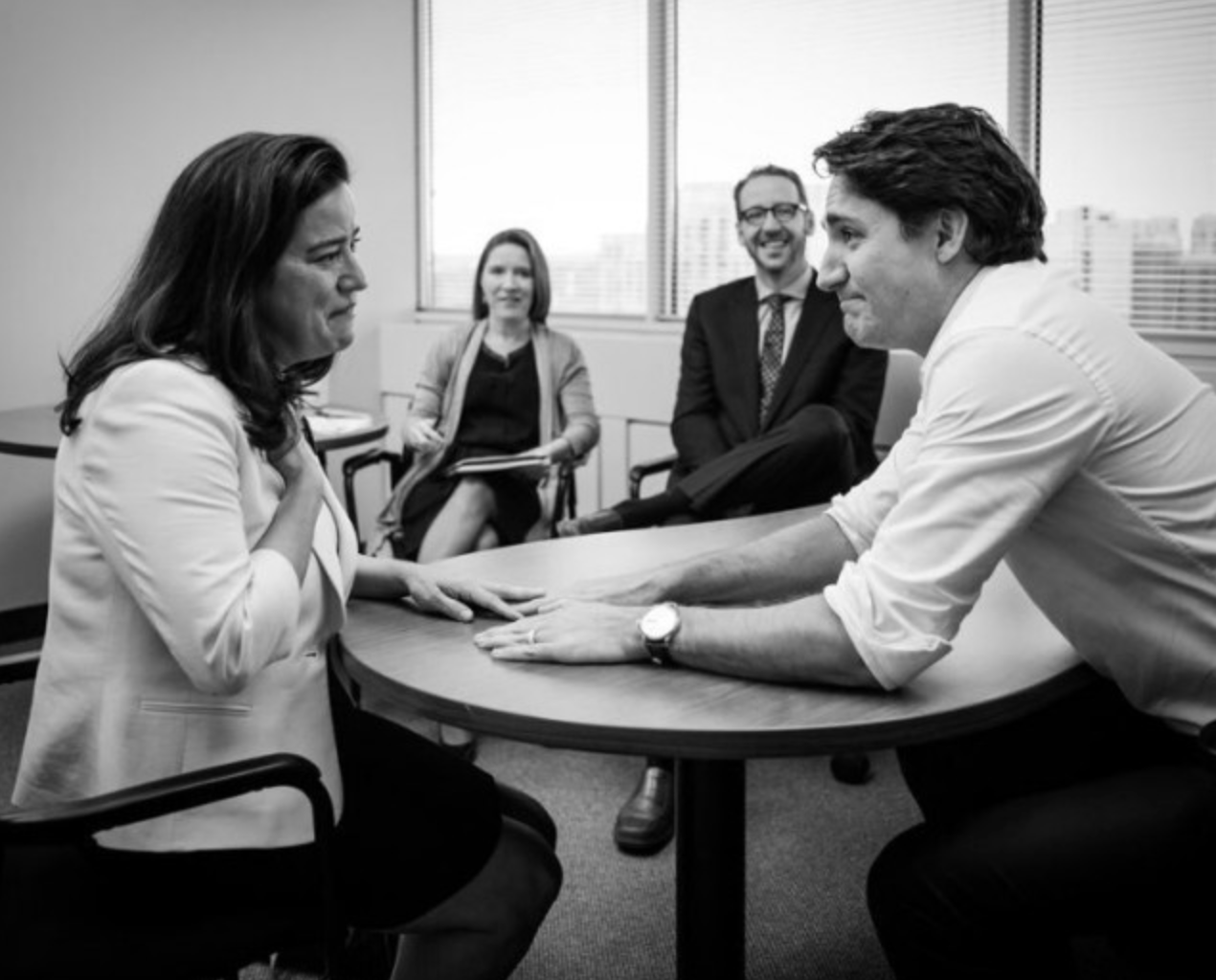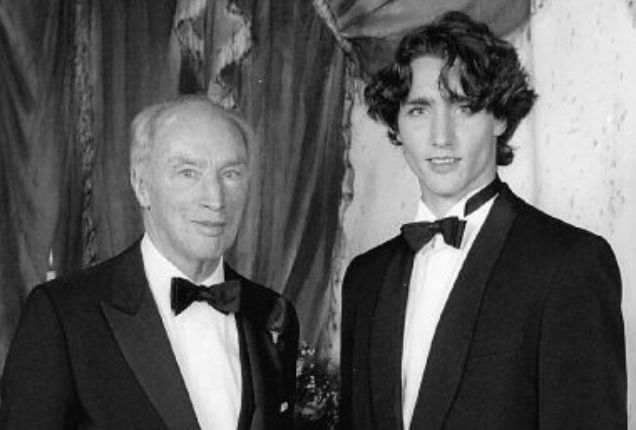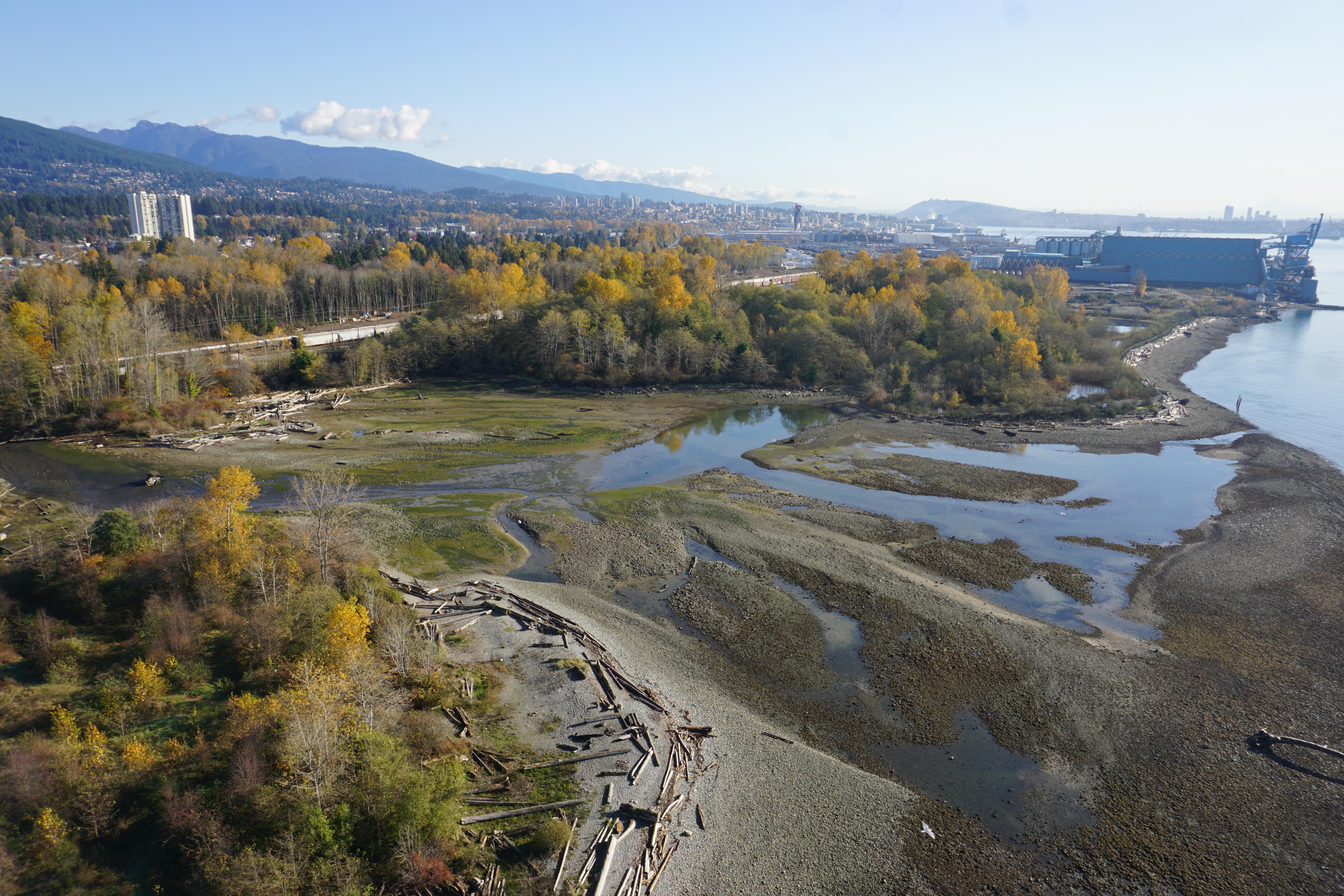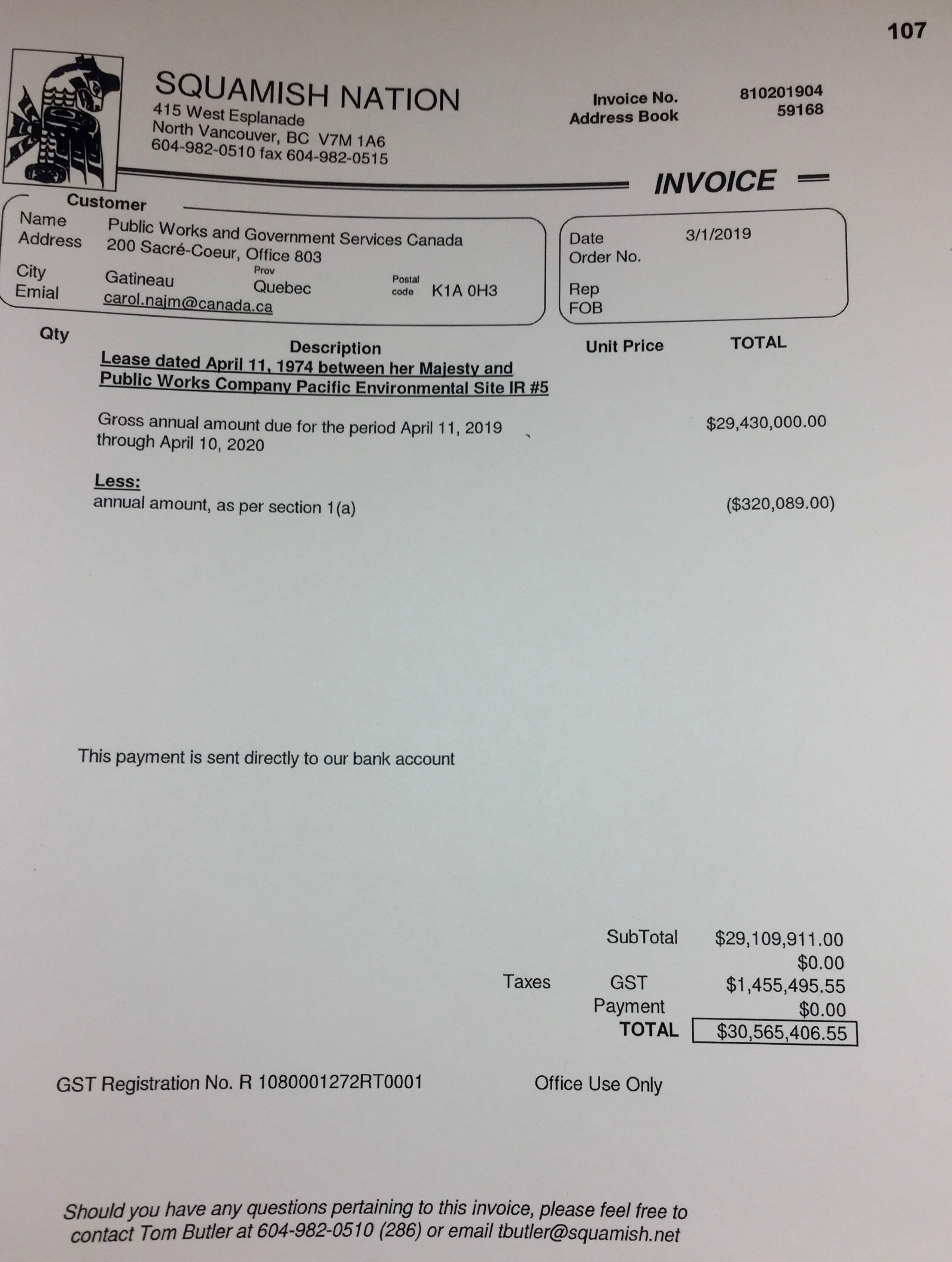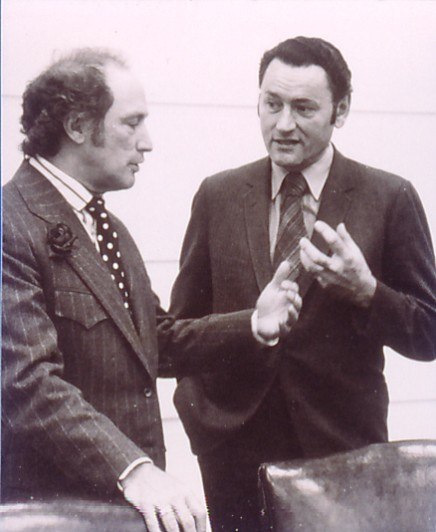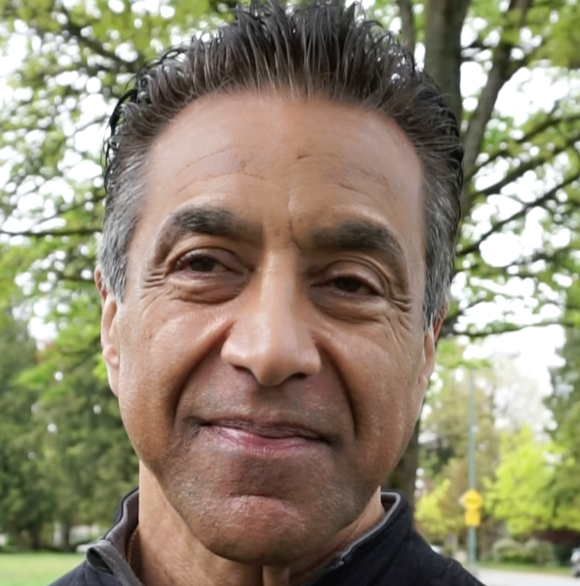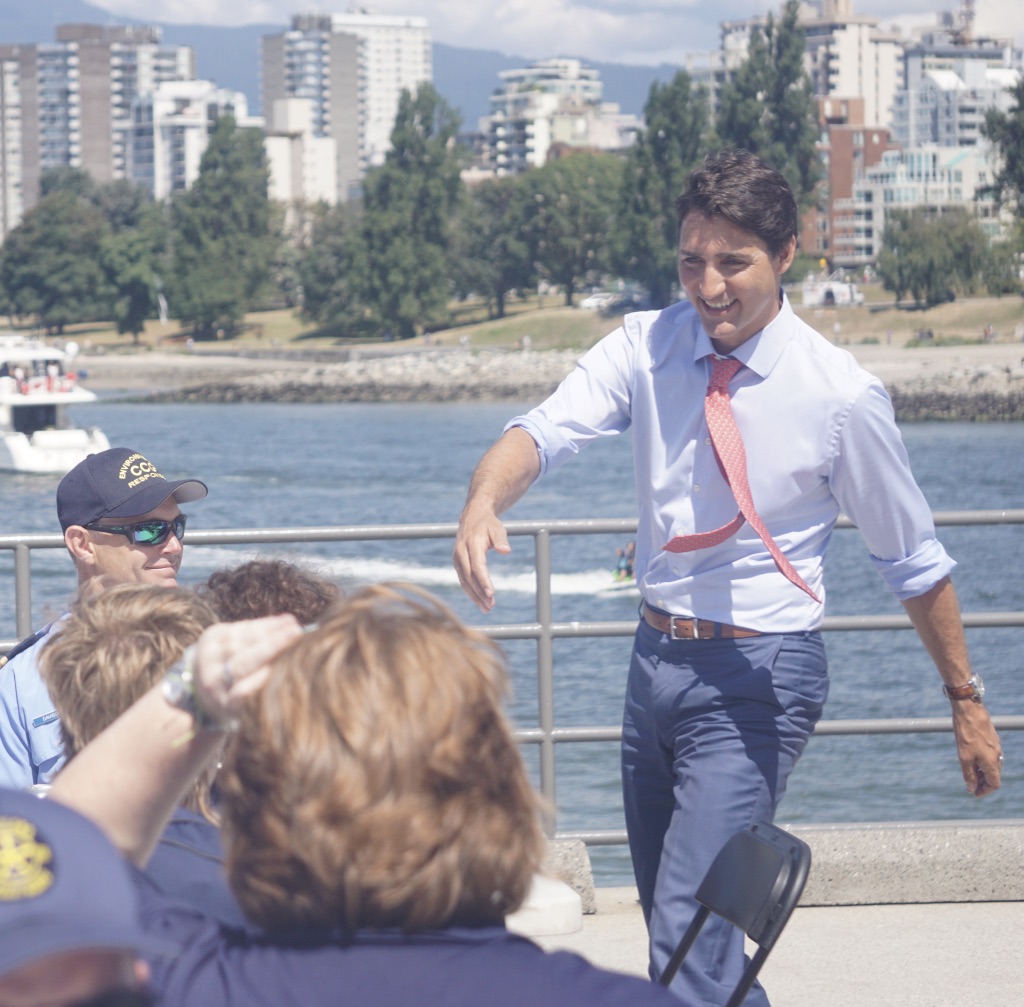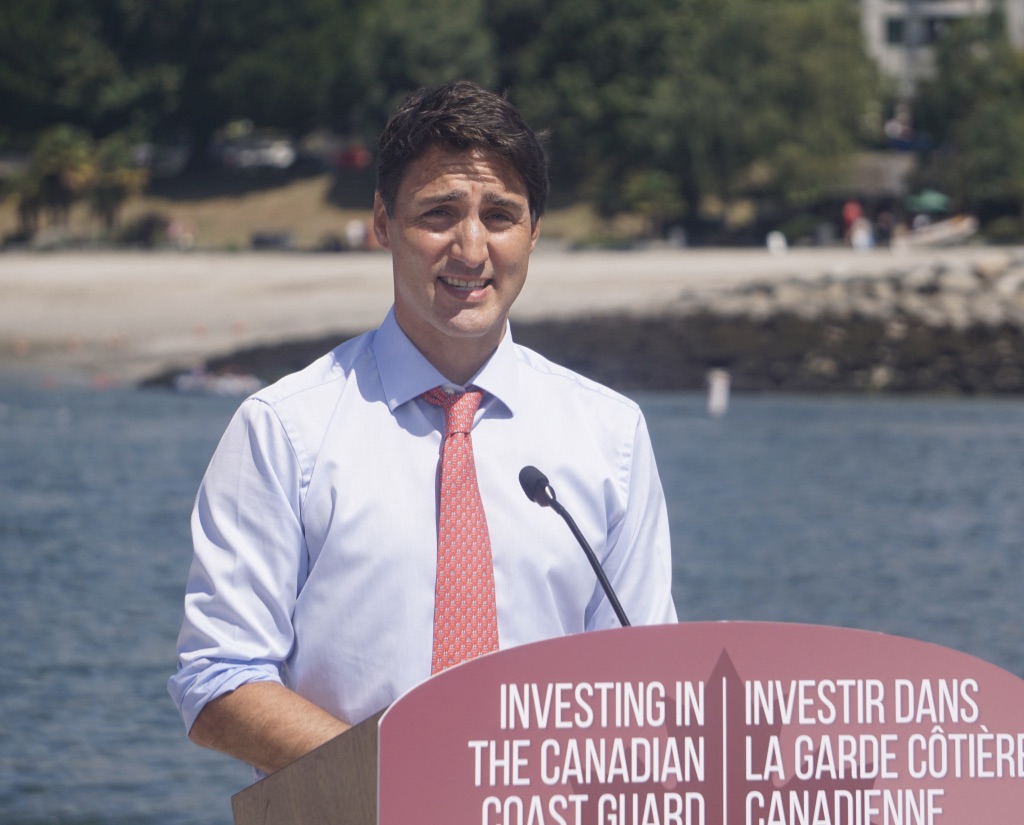Bob Mackin
British Columbia might need to take super steps to protect its natural gems from tourists.
Destination B.C., the Crown corporation that markets B.C. around the world, says it has already stopped promoting hot spots as the global trend of overtourism intensifies on Canada’s West Coast.

Quarry Rock (instagram: silvermooncy)
An information note released to theBreaker.news, under the freedom of information law, says that Destination B.C. has adjusted its “seasonal dispersion of visitors” away from popular tourism locations, parks and cruise ship terminals in peak season.
“We’ve also stopped promoting specific ‘hot spots’ completely, including Joffre Lakes near Pemberton (i.e. our last social media post related to Joffre Lakes was in 2016 and Joffre Lakes does not appear on HelloBC.com) and Quarry Rock in North Vancouver,” the briefing note said. “BC Parks, the local municipality and the Ministry of Transportation are working to resolve congestion problems in these areas. While specific research has not been conducted, anecdotal evidence suggests that most visitors to these congested areas are regional British Columbians, not tourists.”
Destination B.C. staff received training from B.C. AdventureSmart and Leave No Trace Canada to increase educational, safety and sustainability messaging. The Crown corporation concedes that it has limited ability to influence the actions of local residents and it has no control over “which areas or experiences are tagged with the #exploreBC hashtag by members of the public.”
“Our team is receptive and responsive to feedback from local experts and advocates who may be concerned with an area or activity that we are promoting online; this feedback is discussed and taken into account for future content planning. Any mistake or misinformation is corrected immediately and publicly.”

Capilano Suspension Bridge (Mackin)
Overtourism is driven by several factors: social media, an expanding global middle class, more flights from more places, and a rise in tourists from the world’s two most-populous countries, China and India.
A report for the World Travel and Tourism Council by McKinsey and Co., titled “Coping with Success: Managing Overcrowding in Tourism Destinations,” said that travel and tourism was estimated to be worth $7.9 trillion to the global economy in 2017. Destination B.C. figures estimate $18.4 billion in 2017 revenue from tourism across the province, with almost 138,000 employees in more than 19,000 tourism-related businesses. Some of the province’s tourism boom is a byproduct of Vancouver hosting the Winter Olympics in 2010.
“But while some places capture a significant share of the [travel and tourism] pie, others barely get a nibble,” said the McKinsey report. “Moreover, some destinations are in danger of being loved to death.”
The McKinsey report said that overcrowding is easier to prevent than to recover from. Overcrowding leads to alienation of local residents, a degraded experience for tourists, overloading of infrastructure, damage to nature and threats to culture and heritage.
Joffre Lakes near Pemberton and Quarry Rock in North Vancouver have received substantial media attention in B.C. for traffic jams and long lineups of hikers. Congestion has also rankled residents in Whistler and neighbours of North Vancouver’s Capilano Suspension Bridge Park.
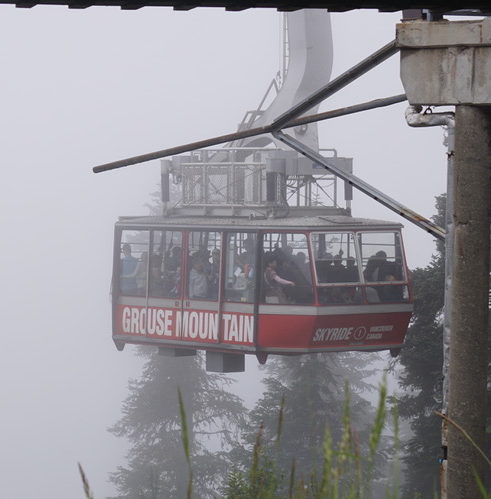
Grouse Mountain Skyride (Mackin)
Last January, the forested tourist attraction that spans the Capilano River held a public meeting at nearby Cleveland Elementary school. The bridge’s owners were gauging public opinion for their proposal to tear down several aging Capilano Road townhouses in order to expand the parking lot so as to ease traffic congestion. Some 150 people showed up, with speaker after speaker voicing opposition and calling for better traffic management by the attraction itself, one of B.C.’s biggest draws with 1.2 million visits a year. Visitors pay up to $53.95 each, but a 30% discount is offered after 5 p.m. in an effort to ease the congestion.
“The noise from the [WestCoast Sightseeing/Vancouver Trolley Co.] buses all the up and down Capilano Road is horrific,” said neighbour Howard Meakin. “They don’t turn their engines off, they like to keep them idling.”
“We’re dealing with serious vehicle congestion,” Bannerman said. “Adding more cars is not a solution to the vehicle congestion problem, it’s that simple. I just don’t think building parking lots is fashionable these days.”
The townhouses remain standing and the parking lot the same capacity. Handsworth Secondary school remains an overflow parking lot while it awaits demolition and reconstruction. The parent company, Capilano Group, also runs the Stanley Park Pavilion and Prospect Point.
B.C. Day long weekend is one of the busiest for tourists, with the marquee events like the climax of the Honda Celebration of Light fireworks festival and the annual Vancouver Pride Parade. Visitors had to wait up to an hour on Aug. 3 and 4 just to walk across Capilano Suspension Bridge’s signature wobbly span. The company has a joint marketing and shuttle bus arrangement with Grouse Mountain, where visitors who paid up to $59 each on Aug. 3 were faced with an hour-long wait at the end of the afternoon to board the Skyride gondola for their descent to the parking lot. There were similar delays on the suspension bridge and Skyride last winter, for tourists viewing Christmas light displays at the two attractions.
Traffic jams led the federal agency that runs Granville Island to charge for parking in outdoor lots near the public market. Traffic jams and bus idling near the totem poles on Brockton Point in Stanley Park are a constant concern. Meanwhile, Vancouver’s taxi cartel and city traffic engineers brace for the provincial government to finally green light Uber and Lyft, which will present opportunities and challenges.
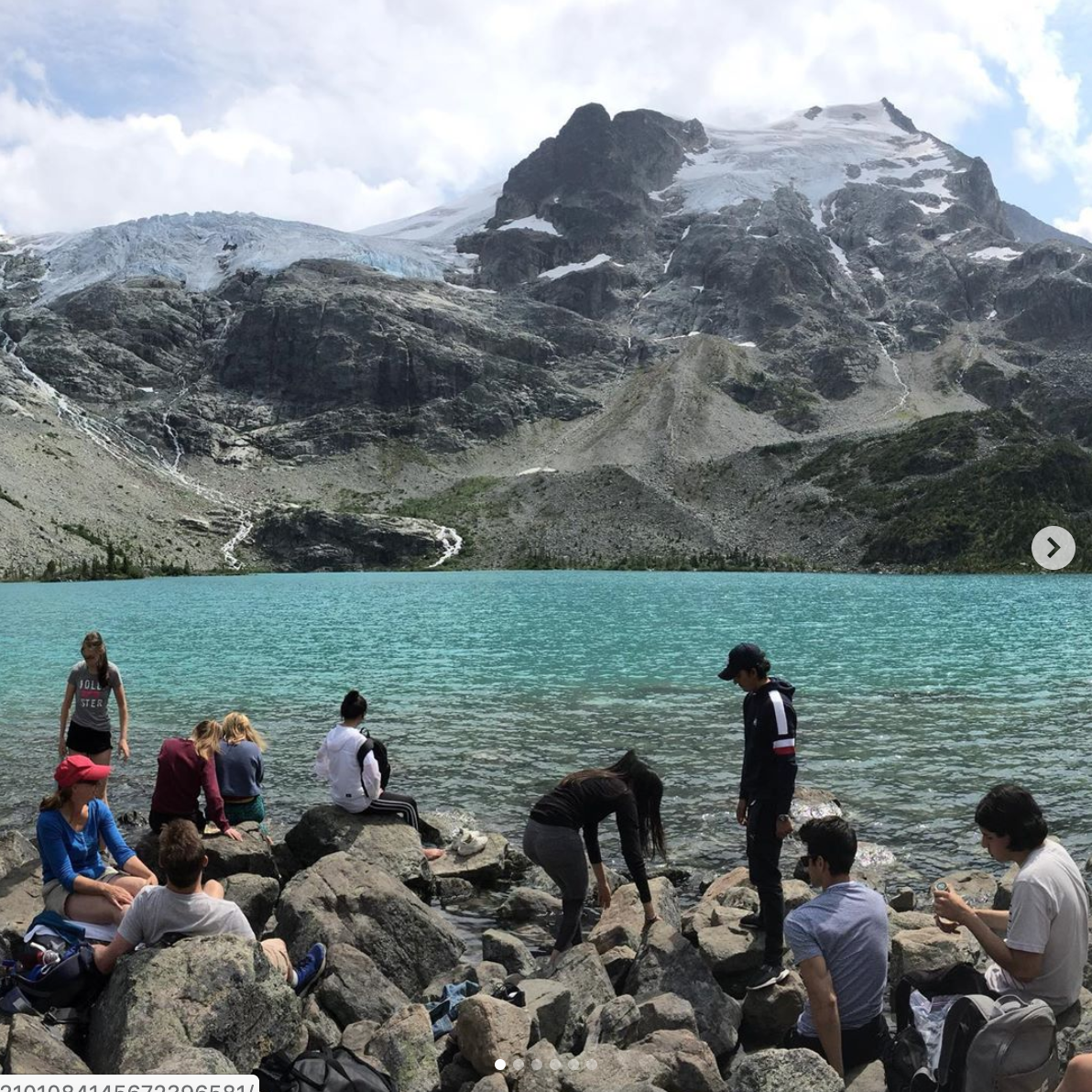
Joffre Lakes Provincial Park (sg0305: Instagram)
A budget estimates note for the B.C. Ministry of Environment and Climate Change in February 2019 on Park Demand, Expansion and Overuse, said total provincial park attendance reached 23.7 million in 2017-2018. It fell 4.5%, because of wildfires, from the historical high in 2016.
“The total park attendance has been increasing on average, at a rate of 3% over the past five years. Camping attendance also experienced a similar average growth of 3% each year and reached approximately 2.9 million persons in 2017-2018,” the document said.
There are not enough camping opportunities to meet demand in parks, so B.C. is spending $22.9 million to add more than 1,900 camp sites over five years. More than 800 will be in provincial parks and 1,000 in recreational sites.
“A number of day-use areas have seen unprecedented increases, particularly in the South Coast region.”
A “visitor use management action plan” was created for Joffre Lakes, in collaboration with the Lil’wat and N’Quatqua first nations, said an email by B.C. Parks executive director David Ranson.
“These [overuse] strategies include parking lot expansion, a shuttle bus service, emergency phone through wifi connectivity, a possible highway web cam and other traffic management actions (e.g. towing of illegally parked vehicles on highway),” Ranson wrote.
Volunteer search and rescue groups are also feeling the pressure of overtourism.
North Shore Rescue counted a record 141 calls in 2018. Their affiliate, Squamish Search and Rescue, was called to Shannon Falls Provincial Park in July 2018 for a fatal incident that drew worldwide attention. A rescue mission turned into a recovery mission, after a member of the High On Life YouTube collective slipped and fell into a pool and two of her cohorts jumped in to try and save her. Ryker Gamble, Alexey Lyakh and Megan Scraper were part of a group that chronicled sometimes extreme adventure experiences in nature for like-minded millennials. They also garnered controversy along the way.
In early 2017, Gamble and Lyakh were sentenced to jail for a week each for trespassing on a geyser at Yellowstone National Park.
“We got overzealous in our enthusiasm for this wonderful place,” the group said on Facebook. “When standing at the face of such natural wonder, we were drawn to it. In an attempt to get the perfect shot, we acted in a way that doesn’t reflect our respect for the environment we were trying to capture.”
Support theBreaker.news for as low as $2 a month on Patreon. Find out how. Click here.
Bob Mackin
British Columbia might need to
